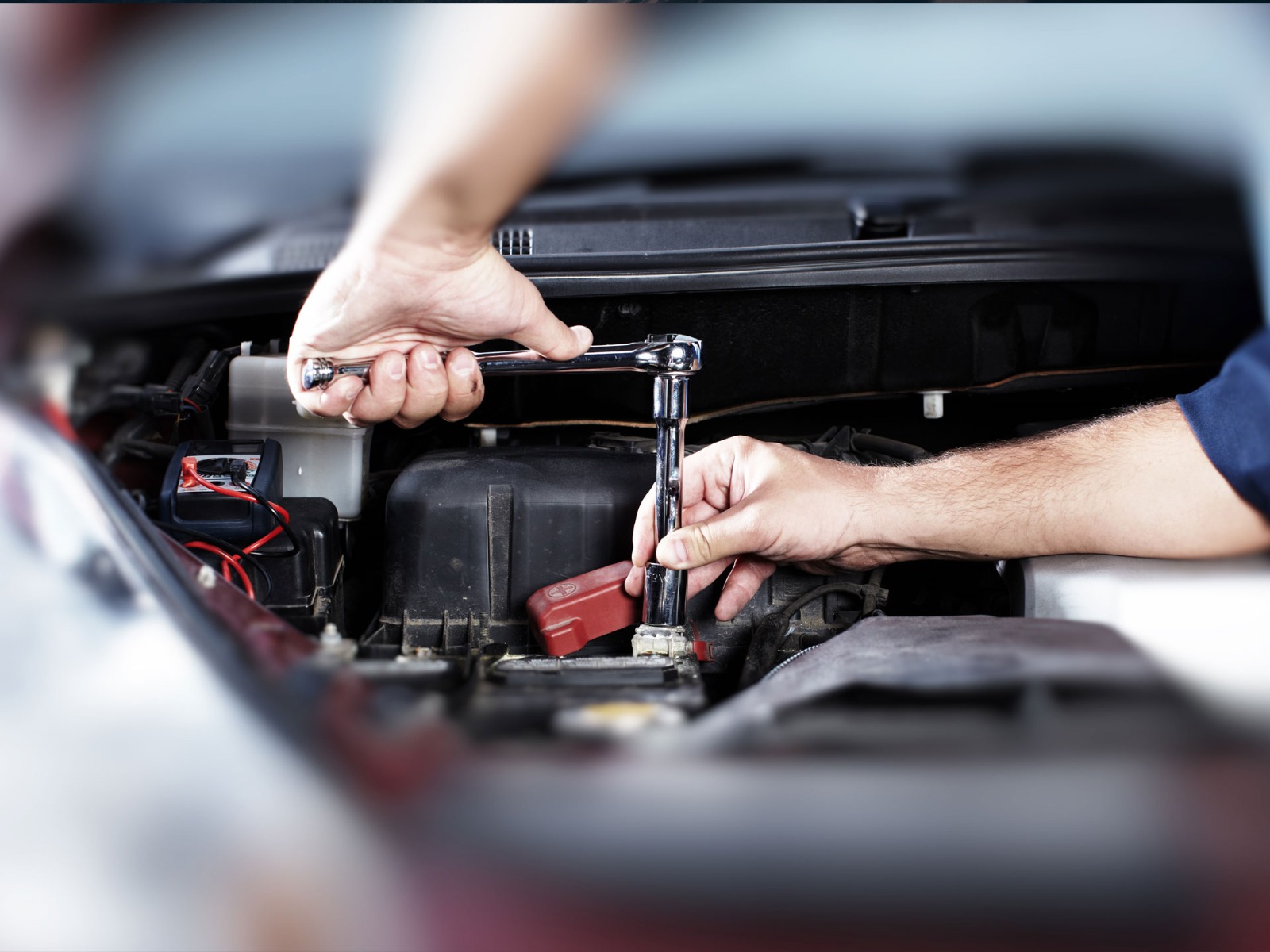As the global transition to sustainable energy accelerates, few industries have experienced such explosive growth as the battery sector. In particular, lithium Battery Manufacturers are driving the evolution of energy storage across applications like electric vehicles (EVs), renewable energy integration, consumer electronics, and industrial systems. These manufacturers are not only revolutionizing the energy landscape but also redefining global supply chains, technology innovation, and economic development.
The Rise of Lithium Battery Manufacturers
Why Lithium Batteries Dominate Modern Energy Storage
Lithium batteries have emerged as the gold standard for energy storage due to their high energy density, long cycle life, and low self-discharge rates. Compared to traditional lead-acid batteries, lithium-ion technology provides significant advantages in terms of performance, weight, and efficiency. This makes them the preferred choice for industries ranging from automotive to aerospace.
The increasing adoption of EVs, energy storage systems (ESS), and portable electronics is fueling unprecedented demand for lithium battery manufacturers. These companies are scaling operations rapidly to meet global needs while navigating challenges such as raw material sourcing, safety regulations, and sustainable production.
Global Market Dynamics
The global lithium-ion battery market was valued at over $50 billion in recent years and is expected to surpass $250 billion by 2030. Much of this growth is attributed to the expanding role of lithium battery manufacturers in enabling green technology adoption.
Regions such as Asia-Pacific, North America, and Europe are witnessing a boom in battery production facilities, often referred to as gigafactories. Countries like China, the United States, and South Korea have emerged as major hubs, attracting billions in investments to support the ecosystem.
Key Players Among Lithium Battery Manufacturers
CATL (Contemporary Amperex Technology Co. Ltd.)
Headquartered in China, CATL is one of the world’s leading lithium battery manufacturers. The company supplies batteries to major automotive brands like Tesla, BMW, and Hyundai. With a relentless focus on R&D and innovation, CATL is advancing battery chemistry and scaling production capacity to meet global demand.
LG Energy Solution
A subsidiary of LG Chem, LG Energy Solution is based in South Korea and is recognized for its high-quality lithium battery technologies. It supplies cells and modules for electric vehicles, energy storage, and electronics. The company has partnerships with General Motors, Volvo, and other prominent automotive manufacturers.
Panasonic Energy
Panasonic has long been a key player in the battery industry, especially through its partnership with Tesla at the Gigafactory in Nevada. Its lithium-ion batteries power millions of electric vehicles and consumer products, solidifying its reputation among top lithium battery manufacturers.
BYD (Build Your Dreams)
BYD is a Chinese manufacturer that not only produces electric vehicles but also designs and manufactures its own lithium battery cells. It’s one of the few companies with end-to-end control over both vehicle and battery production. This vertical integration gives BYD a competitive edge in the market.
Samsung SDI
Another South Korean heavyweight, Samsung SDI, focuses on advanced lithium-ion batteries for EVs and energy storage. Its technology is known for safety, longevity, and performance, making it a trusted supplier across multiple industries.
Tesla
Though primarily an EV company, Tesla also ranks among influential lithium battery manufacturers through its Gigafactories and in-house cell development. Tesla is investing heavily in 4680 battery technology to reduce costs and improve range and efficiency for its electric vehicles.
Innovations Driving the Lithium Battery Industry
Solid-State Battery Development
One of the most anticipated breakthroughs in the battery industry is the commercialization of solid-state batteries. Unlike conventional lithium-ion batteries that use liquid electrolytes, solid-state batteries use solid electrolytes, offering increased safety, energy density, and lifespan. Lithium battery manufacturers worldwide are investing in this next-generation technology to stay ahead of the curve.
Battery Recycling and Second Life Applications
As environmental concerns grow, many lithium battery manufacturers are exploring ways to recycle end-of-life batteries and repurpose them for secondary applications. Companies like Redwood Materials and Li-Cycle are partnering with OEMs to build circular supply chains that reduce dependence on virgin raw materials.
AI and Smart Battery Management Systems (BMS)
Smart BMS technology allows real-time monitoring of battery performance, health, and safety. With the integration of AI and machine learning, manufacturers are developing predictive maintenance systems and improving battery reliability across applications.
Challenges Facing Lithium Battery Manufacturers
Raw Material Scarcity and Supply Chain Issues
The lithium battery industry heavily depends on raw materials such as lithium, cobalt, and nickel. Political instability, environmental restrictions, and ethical concerns surrounding mining practices pose significant risks to the supply chain. Lithium battery manufacturers are increasingly looking to secure long-term contracts and invest in sustainable mining operations.
Regulatory and Safety Standards
Meeting the ever-evolving global safety and environmental standards is a complex challenge. Manufacturers must comply with regulations concerning thermal stability, transportation safety, emissions, and recycling—especially when exporting to different markets.
High Capital Investment Requirements
Establishing a large-scale battery production facility demands substantial capital. The cost of raw materials, advanced machinery, skilled labor, and R&D infrastructure can be staggering. This limits market entry and creates a competitive environment dominated by a few major players.
The Role of Lithium Battery Manufacturers in the EV Revolution
Electric vehicles represent the largest and fastest-growing demand segment for lithium batteries. With the global EV market expected to exceed 200 million vehicles by 2030, lithium battery manufacturers are racing to deliver batteries that meet automakers’ expectations for range, safety, and affordability.
Tesla, Ford, BMW, and Volkswagen rely heavily on secure, scalable battery supply. This has led to a surge in long-term supply agreements and joint ventures between automakers and battery firms, further cementing the role of lithium battery manufacturers as pivotal to the future of transportation.
Environmental and Social Responsibility in Battery Production
Sustainability has become a non-negotiable part of battery manufacturing. Leading lithium battery manufacturers are investing in green energy for production, reducing carbon footprints, and ensuring ethical sourcing of raw materials. Transparency in ESG (Environmental, Social, and Governance) reporting is now a critical factor in evaluating a company’s long-term viability.
Many firms are adopting closed-loop recycling systems, investing in carbon-neutral facilities, and working with international watchdogs to ensure compliance with labor and environmental standards.
Emerging Lithium Battery Manufacturers to Watch
Northvolt
This Swedish company is gaining recognition for its commitment to sustainable battery manufacturing. With backing from the European Investment Bank and partnerships with major automakers, Northvolt is positioning itself as a key European contender.
Envision AESC
Originally a spin-off from Nissan, Envision AESC focuses on producing batteries for electric vehicles. With new factories underway in the U.K., U.S., and France, the company is expanding its global reach rapidly.
Amperex Technology Limited (ATL)
ATL is one of the largest suppliers of lithium batteries for consumer electronics. It is gaining momentum in the EV and energy storage markets by leveraging its expertise in compact, high-performance battery cells.
The Future Outlook for Lithium Battery Manufacturers
Technological Convergence
The next decade will see a convergence of technologies that reshape battery manufacturing. Innovations in nanomaterials, quantum computing, and wireless energy transfer may revolutionize battery design and deployment. Lithium battery manufacturers are expected to play a key role in adopting and integrating these emerging technologies.
Regionalization of Supply Chains
Amid geopolitical tensions and pandemic-induced disruptions, many countries are focusing on localizing battery supply chains. Government incentives and policies are being introduced to support domestic battery production, ensuring energy independence and job creation.
Customization and Modular Solutions
Demand is shifting toward more customized and modular battery systems tailored for specific applications—from drones and smartphones to large-scale industrial systems. This trend opens opportunities for smaller lithium battery manufacturers to enter niche markets and innovate without competing directly with industry giants.
Conclusion
Lithium battery manufacturers are the cornerstone of the clean energy transition. From enabling the electric vehicle boom to powering grid-scale storage solutions, their influence spans every aspect of modern life. As the industry evolves, manufacturers must remain agile—embracing innovation, sustainability, and global collaboration. With increasing demand, technological breakthroughs, and strategic investments, the future of lithium battery manufacturing looks exceptionally promising.



